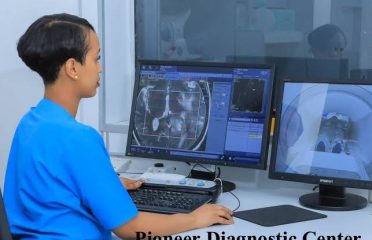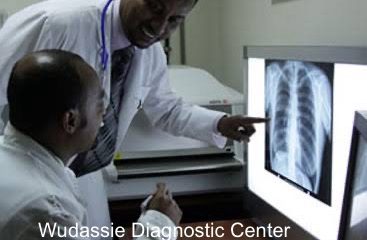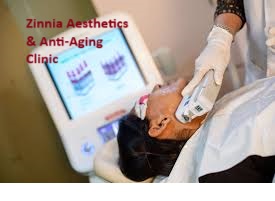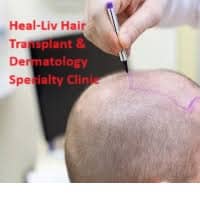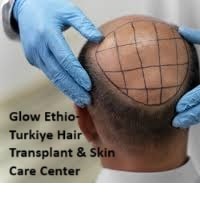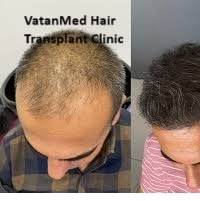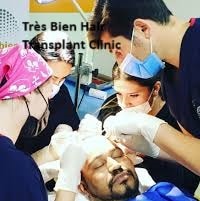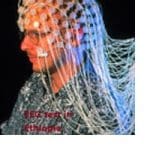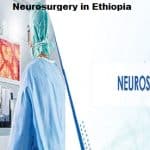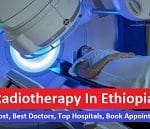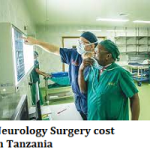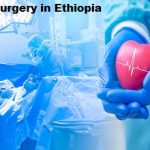Top Neurological Treatments Cost in Ethiopia
1. Chronic Cerebrospinal Venous Insufficiency Cost in Ethiopia – $8,640
Narrowing of neck veins is known as chronic cerebrospinal venous insufficiency (CCSVI). Only TVAM, a type of surgical venous angioplasty also referred to as liberation therapy, has been recommended as a treatment for CCSVI. Narrow veins are meant to be widened by it. To enlarge the veins, a surgeon inserts a tiny balloon into each one. The purpose of this treatment was to remove blockages and improve blood flow to the brain and spinal cord. The cost of CCSVI treatment in Ethiopia is $8,640.
2. Deep Brain Stimulation Cost in Ethiopia – $29,120
Deep brain stimulation (DBS) is a medical procedure that involves administering a small amount of electrical current to a particular region of the brain. Several conditions can be helped by the current’s electricity, which activates the brain cells there. Through one or more wires connected to a small implanted device placed beneath your skin close to your collarbone, the current travels to your brain. The most common conditions for which it is prescribed are epilepsy and Parkinson’s disease. In Ethiopia, the cost of DBS therapy is $29,120.
3. Epilepsy Treatment Cost in Ethiopia – $8,640
Epilepsy is a chronic illness that results in recurrent seizures as a result of aberrant electrical impulses sent by damaged brain cells. A seizure is brought on by an uncontrolled electrical surge within brain cells. Changes in awareness, muscle control (your muscles may twitch or jerk), sensations, emotions, and behavior can all occur during seizures. Although epilepsy cannot be cured, there are numerous treatment alternatives. In up to 70% of cases, epilepsy can be controlled with medication. In Ethiopia, the cost of treating epilepsy is $8,640.
4. Multiple Sclerosis Rehabilitation Cost in Ethiopia – $6,480
Multiple Sclerosis Rehabilitation is a process that aids a person in achieving and maintaining their highest level of physical, psychological, social, and vocational potential as well as a quality of life that is compatible with their physiologic impairment, surroundings, and life objectives. In a degenerative illness like MS, achieving and maintaining optimal function is crucial. As soon as you are diagnosed, a Multiple Sclerosis Rehabilitation specialist will give you guidance and support aimed at enhancing your overall health and fitness, reducing fatigue, and enabling you to feel and function at your full potential both at home and at work. In Ethiopia, a rehabilitation program for multiple sclerosis costs $6,480.
5. Neurological Rehabilitation Cost in Ethiopia – $9,080
A medically supervised program called neurological rehabilitation (rehab) is created for persons who have diseases, injuries, or problems of the nervous system. Neurological rehabilitation frequently helps patients work better, experience fewer symptoms, and feel better overall. Programs for neurological rehabilitation can be done either inpatiently or outpatiently. Depending on your particular ailment or disease, a neurological rehab program is tailored to your exact needs. In Ethiopia, neurological rehabilitation costs $9,080.
6. Vagus nerve stimulation (VNS) therapy Cost in Ethiopia – $9,360
Vagus nerve stimulation (VNS) is a form of neuromodulation, a medical procedure that modifies nerve activity. VNS involves implanting a device that transmits sporadic, gentle electrical pulses to your brainstem through your neck’s vagus nerve. The electrical charge is discharged from your brainstem to various regions of your brain, altering how brain cells function. VNS is approved for the treatment of depression, stroke rehabilitation, and difficult-to-control epilepsy. VNS therapy costs $9,360 in Ethiopia.


